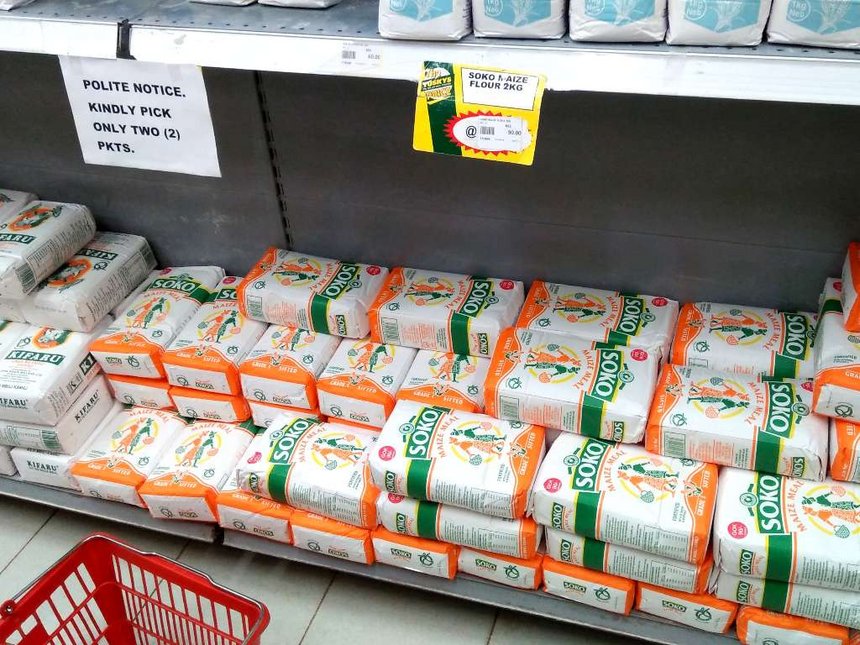When Kenya gained independence from the British colony about five decades ago, the then founding father and former President late Jomo Kenyatta sounded clear and determined to fight the menacing problems topping the list, hunger, poverty and illiteracy.

When we single out hunger for the case of politics and food that is when the politics of the food started. And today the reality of low supply against high demand of ‘unga’ maize flour is very clear.
On 11th May 2017, a vessel docked at the port of Mombasa, offloading atleast 30,000 metric tonnes of maize. It was the best news for Kenyans who had denied a chance to enjoy their stable food across the country.
The most surprising thing however, is that the 30,000 metric tonnes bought using 6.7 millions of taxpayers money was sold back to the same taxpayers, if it was a government subsidy or relief food should have been distributed for free instead of being retailed at a further cost of Ksh.90 for 2Kg.
Before the docking of the dream vessel at the coast which ofloaded the hopes of Kenyans, then the price of Unga had been retailing at around Ksh.90 for 2Kg before it hit the roofs to retail at more than Ksh.200 for 2Kg.
The price remained ‘politically’ controlled for the entire campaign, election and re-election season until the New Year 2018 in the mid of January.
What is raising eye brows, is the fact that Jubilee led government had a clear blue print on how it will fight maize shortage when they assumed power in 2013. With their project dubbed Galana-Kulalu.
Even despite the Galana-Kulalu project emptying more than 7 billion from the pockets of the taxpayers, government has been buying maize from Kenyan farmers and neighboring countries, and there is still a huge maize shortage.
Today, the maize flour is retailing at around Ksh.154 and is projected to hit above Ksh.200 in less than two months to come. Bear in mind that we have just come off from the harvesting months.
The Jubilee headed by President Uhuru Kenyatta and his Deputy William Ruto government should fight to leave a good stamped CV of legacy rather than leaving behind Maize scandal then Unga politics .
They can easily and simply achieve this buy shunning ‘stomach’ politics and dwelling on policies and development based healthy politics.
Politics which define the costs of basic commodities for the local mwananchi such as maize flour and sugar is a thing of past, today politicians battle out with problem solving ideas.














